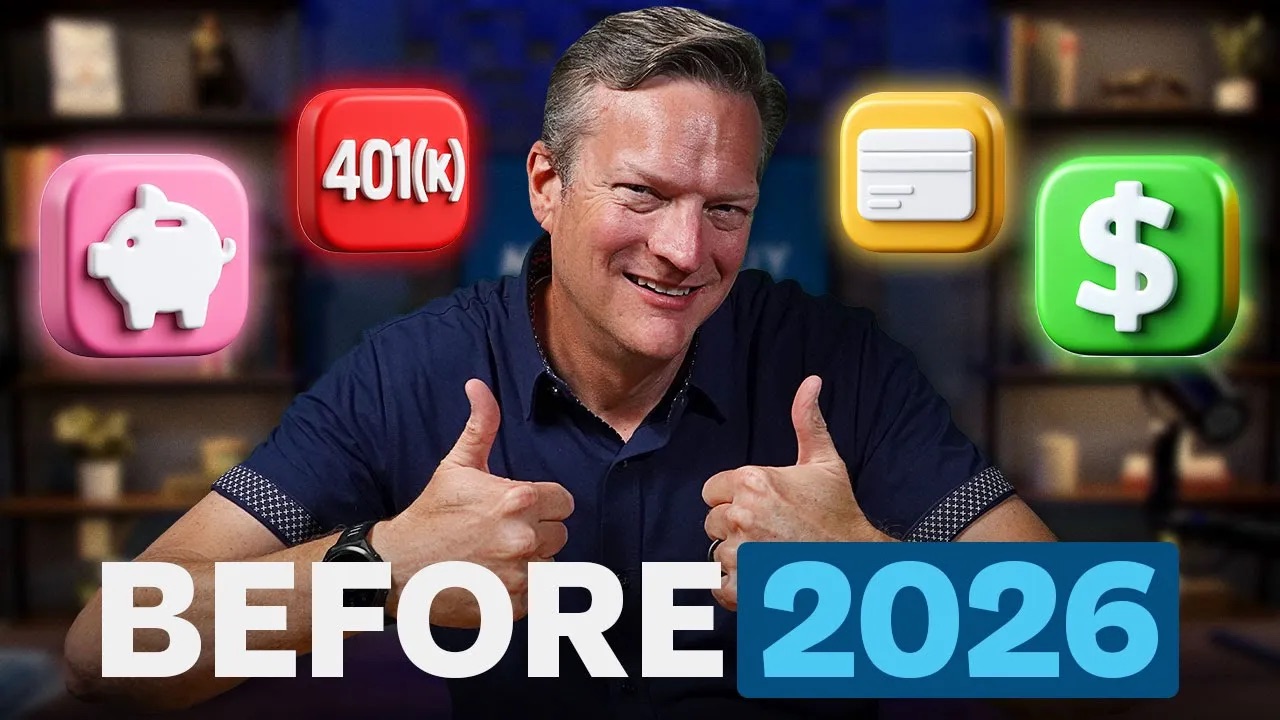Zachary has a question for you guys. How do you help people planning for retirement who have too many "top priorities"? For example, they want to retire early, but they also want to have 100 percent pre-retirement income, and they want to travel a lot. What do you think?
I'll tell you how we do it practically because it's not uncommon. I mean, you know, we are fee-only financial advisors. We get to help people who've had some financial success figure out how to optimize and continue to move that path forward. Well, a lot of them have done well in life, and they're at the point now they've built up, you know, seven-figure, multiple seven-figure portfolios, and they'll lay out for us, "here's all the things I want to do. I want to pay for my grandkids to go to college, but I also want to fund their private school, and we want to take four trips a year, and I want to retire when I hit exactly 62 years old, and I want to spend this much, and then I want to have the beach house I wanted the vacation, and I want to be able to do that," and they kind of walk through this itinerary.
So what we do is we try to be really good listeners, and we take it all down. We take it all down, and then we actually put it into a retirement projection, and we show them, "hey, based on all of these things that you want to do, if we just assume a straight line, a flat rate of return, you're going to run out of money straight line, conservative rate return, by the time you hit 82. We're expecting an age 95 life expectancy. That's not good." But if we run this through a Monte Carlo simulation, your money's only taking you to the late 70s. So what's it look like if we don't buy the beach house, and then we click the toggle, we turn that off? Oh wow, now we've expanded to 86 years old. Okay, well, what happens if instead of spending $15,000 a month, we only spend $12,000 a month, and we start backing it back down to reality?
Now those aren't easy conversations, and they're not fun conversations because you're basically saying, "hey, this thing that you've dreamed about isn't going to be able to happen." So then we try to reframe the conversation of, "okay, if you did want to do this, what's required to get there?" Well, hey, you've been saving, you've been doing great, you've been saving 25 percent of your gross, and you're rocking and rolling. But if you really want to do this, you got to work five extra years. In those five extra years, you got to save 35% of your gross income in order to be able to fund those goals. And you start actually tying real-world metrics to real-world outcomes to show whether their plan will actually manifest or if it's kind of pie in the sky. That's the way that I think about it.
Find out how much wealth you need, when you'll get there, and ways to speed the process with the
Know Your Number course.













